What’s in a name, anyway? While Shakespeare was referring to surnames in that line to mean that names are arbitrary labels, the same can be said for most naming conventions. In particular, we’re talking about feed names (of course). Feeds designed for senior horses generally include so in their name, but that doesn’t mean those are the only appropriate choices for aging horses – especially those who are still very active thanks to lifelong improved health care and management. In our latest blog, we’re going to chat about the nutritional needs of the active senior and dive into qualities to look for in a feed that may be the best choice for your equine partner, even if it’s not obvious in the name!
Active Protein and Mineral Requirements
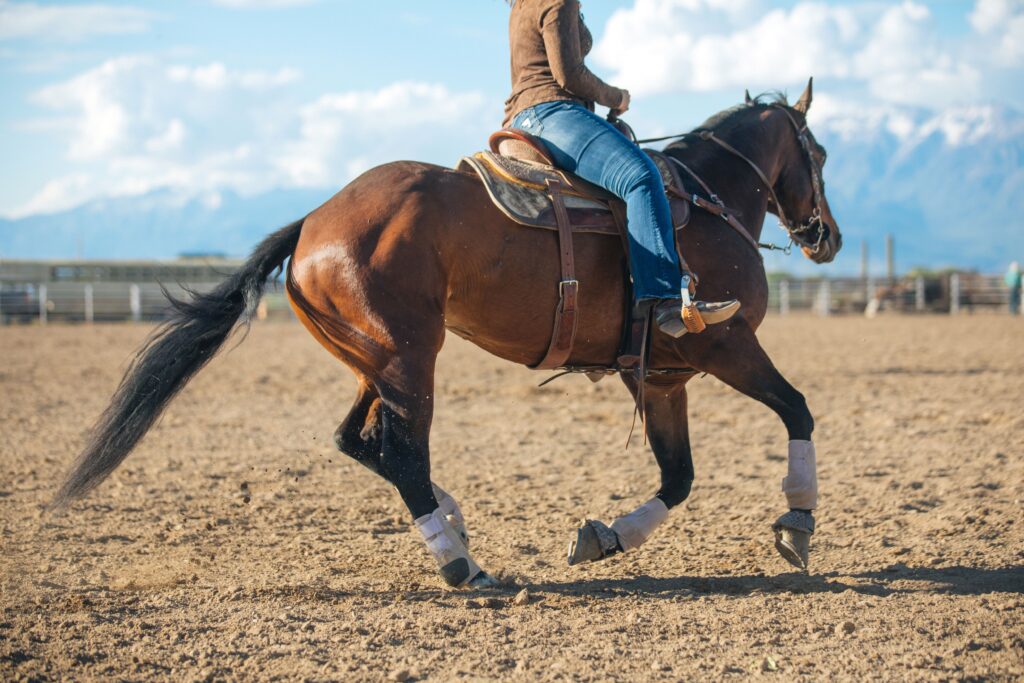
All horses require protein in their diet, particularly growing, active, or senior horses. Since the active senior horse fits in to two of those categories, they can certainly benefit from a moderately higher protein content in their diet (between 12-14%) to help maintain healthy muscle. However, crude protein doesn’t always tell the full story of their needs. When it comes to protein, quality is more important than quantity – some protein sources, such as alfalfa and soybean meal, have better essential amino acid profiles and therefore will be better digested and utilized.
Along with protein for muscle health, minerals in the equine diet play a crucial role in supporting the musculoskeletal system of the equine athlete while also providing senior horses with immune supporting functions. Antioxidants help protect cells from damage and a well-balanced ration provides adequate levels of vitamins and minerals to fuel the equine body at maintenance.
Don’t be scared away from “performance” feeds for your active senior simply because they are labelled as such – these feeds are often produced with the best quality protein (with added lysine and methionine) and contain elevated copper, zinc, selenium and vitamin E which inhibit pro-inflammatory pathways in the horse. Bonus points if the mineral sources are highly bioavailable, organic form sources, as reduced function in the digestive system of the senior means they need the opportunity to digest the most nutrients out of each and every meal.
Gut Health and Condensed Calories
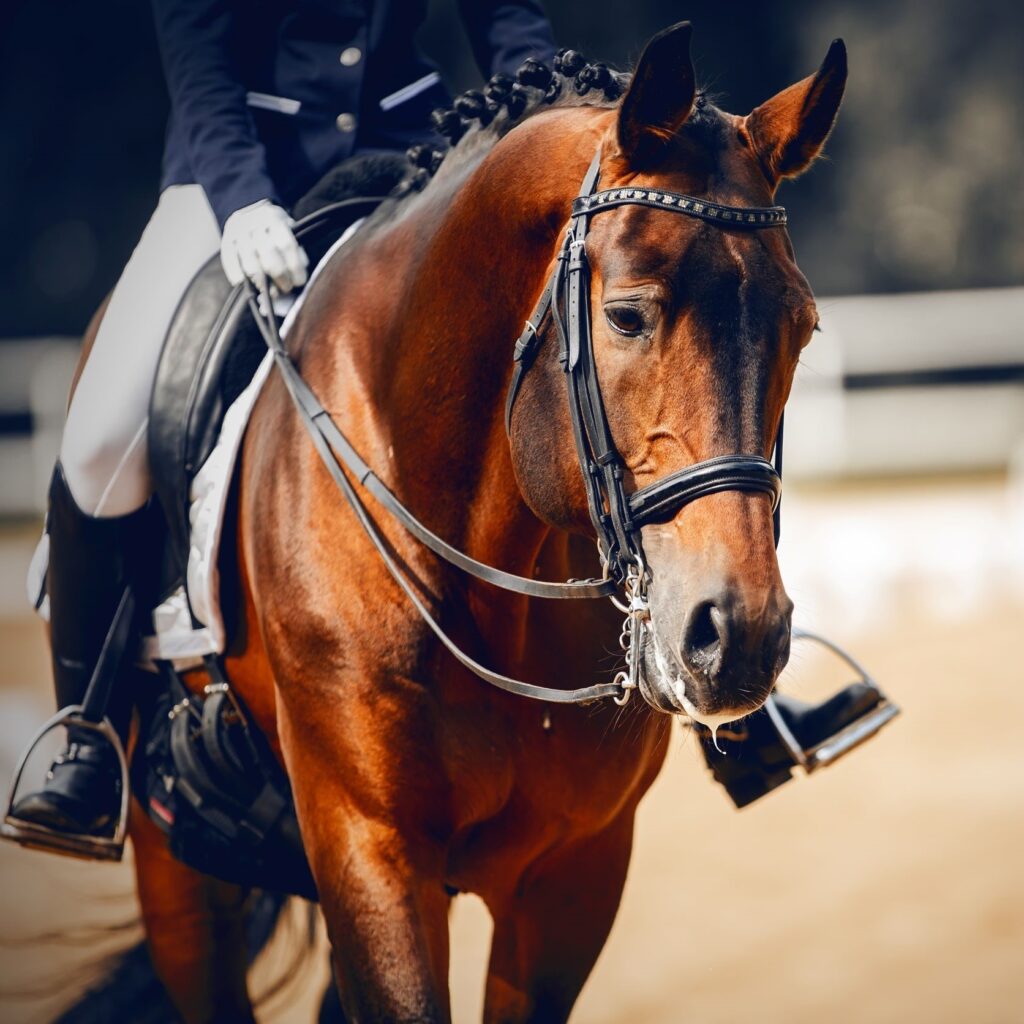
As horses age, so too do their digestive systems. Add dental wear to these age-related changes and the ability to keep weight and condition on your active senior could suddenly become quite a challenge. Reduced function in both the small intestine and the hindgut means that inorganic minerals can bypass absorption in the foregut and there is potential reduced ability of the hindgut to ferment fibre. Fat and fibre feeds (regardless of their name) will be the senior athlete’s very best friend for conditioning – these energy dense options are loaded with good working calories through fat sources and extra fibre for supporting optimal gut health.
Due to their condensed nutrient profile, these types of feeds are excellent at going to the extra mile for weight gain with each kilogram fed. Smaller meals can be fed to your senior to help ensure he or she is getting as much out of their nutrition as possible when their system may be having a bit of trouble pulling nutrients from food in the first place. Pre and probiotics support gut function and often come added into feeds formulated for horses in many stages of life – such as seniors and athletes!
Fibre, of course, is the crown jewel of equine nutrition. Each and every horse, regardless of age of activity, requires approximately 1.5% of their bodyweight per day in roughage or otherwise fibrous material. For example, a 500kg horse would require approximately 6.5kg of hay per day. Not only does this keep the gut happy and moving, but fibre provides many calories that the athlete can benefit from, particularly the senior athlete.
For those who have worn teeth or other dental issues, consider adding super fibres such as beet pulp or soy hulls, hay cubes or hay extender products. As you’ve likely guessed, many fat and fibre feeds also contain these ingredients – and with the added benefit of fat for energy they provide excellent rounded nutrition for aging horses.
Thanks to better equine management, senior horses are living longer, more active lifestyles than ever before. Senior athletes have a sensitive digestive tract that require a diet that meets their changing needs while also providing good working energy energy on a daily basis – sometimes this means looking to a performance feed, even without “senior” in the name! With good nutritional management, seniors can spend many extra years in the show ring, happy and healthy. Check out some of our best options for the senior athlete, below!
For more information or to schedule an on-farm call or hay analysis from one of our reps, visit our website, contact us, or email us directly at: happyhorses@masterfeeds.com
Product Spotlight
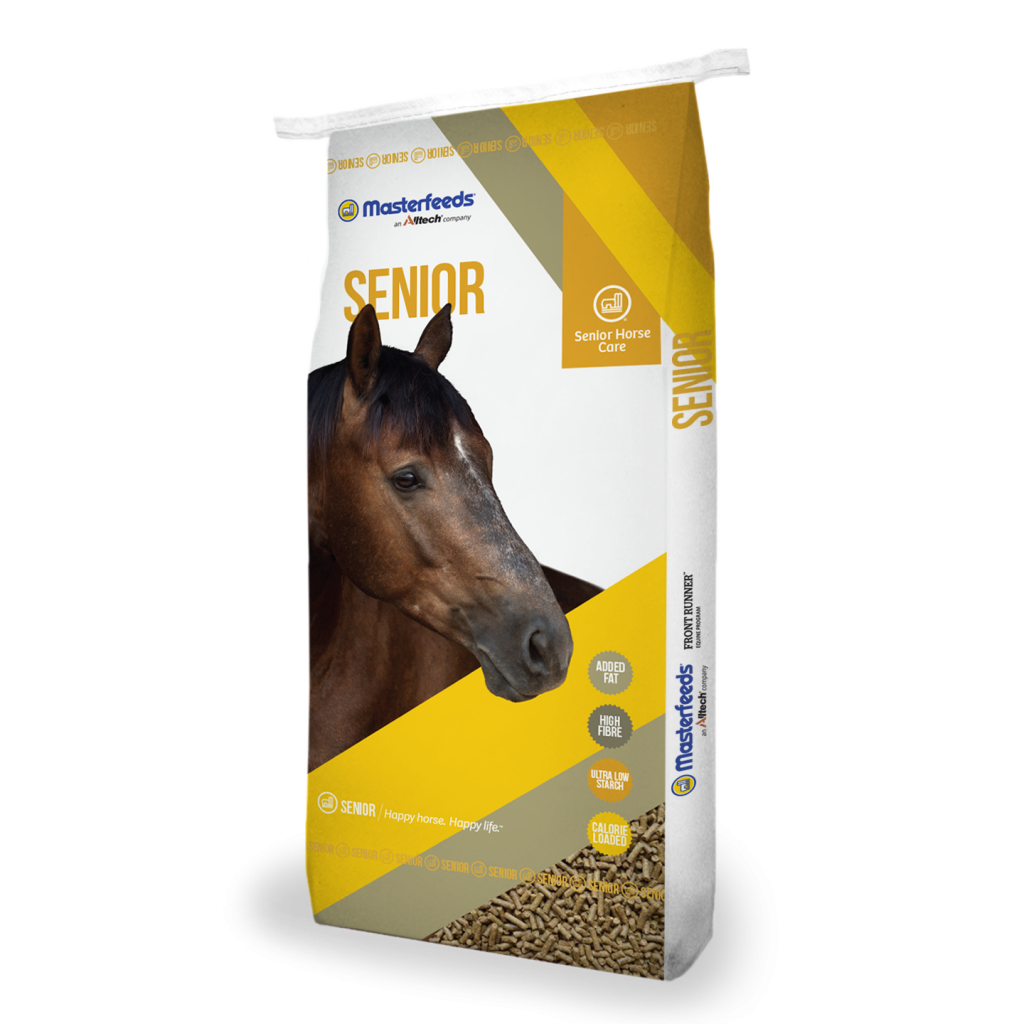
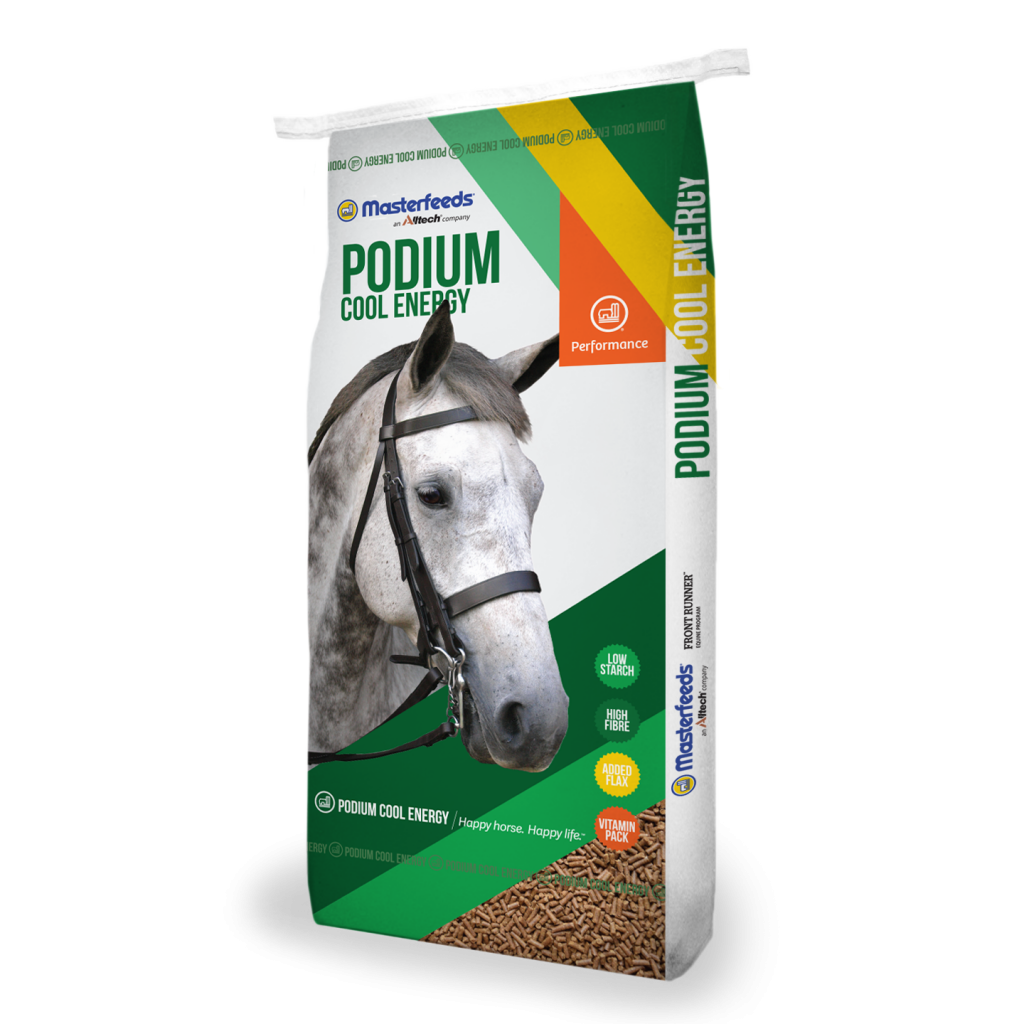
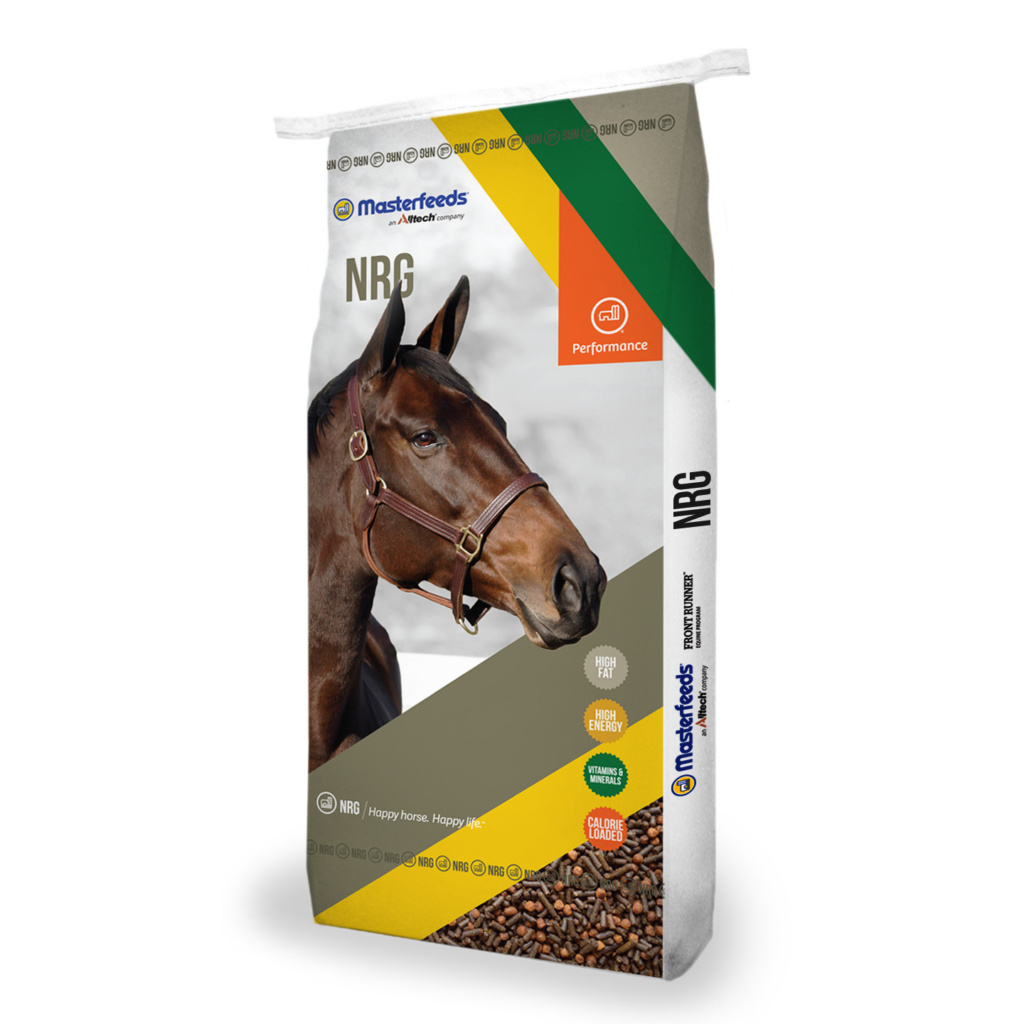
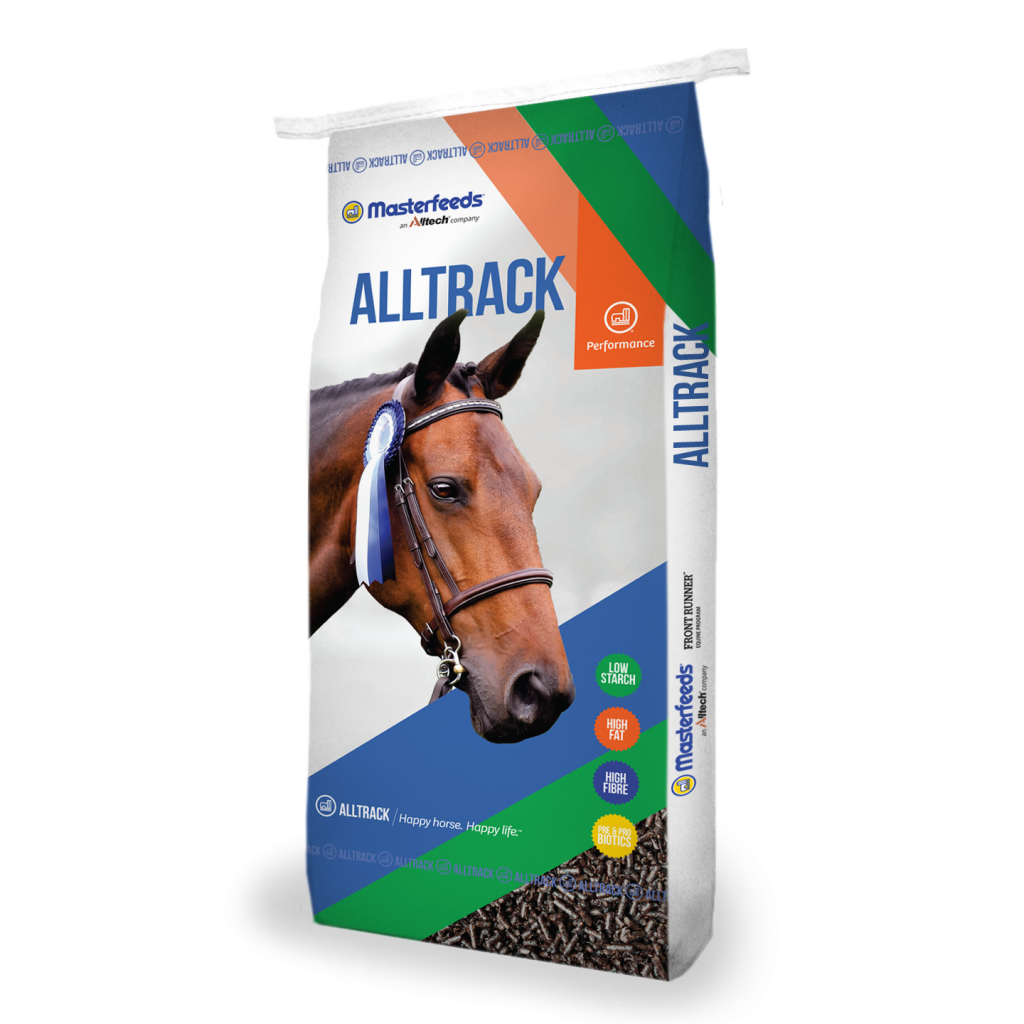
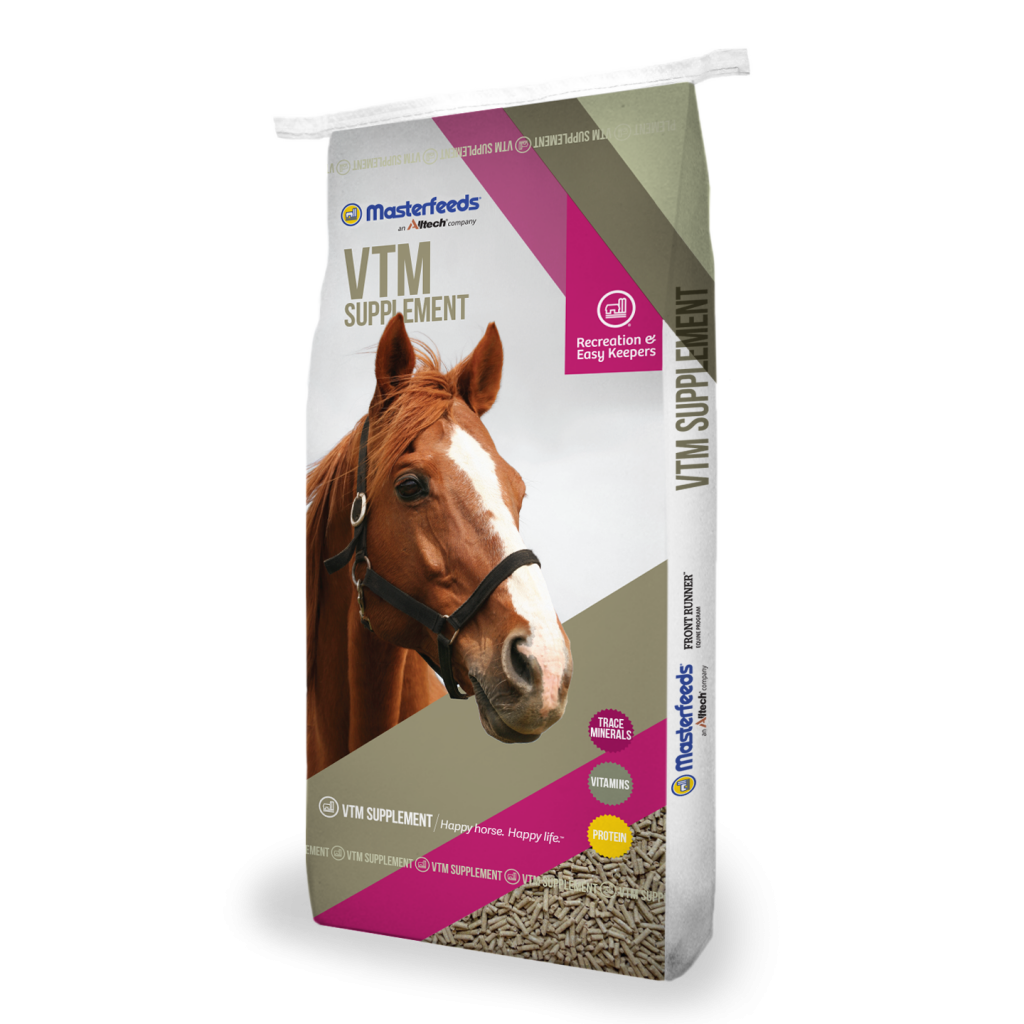
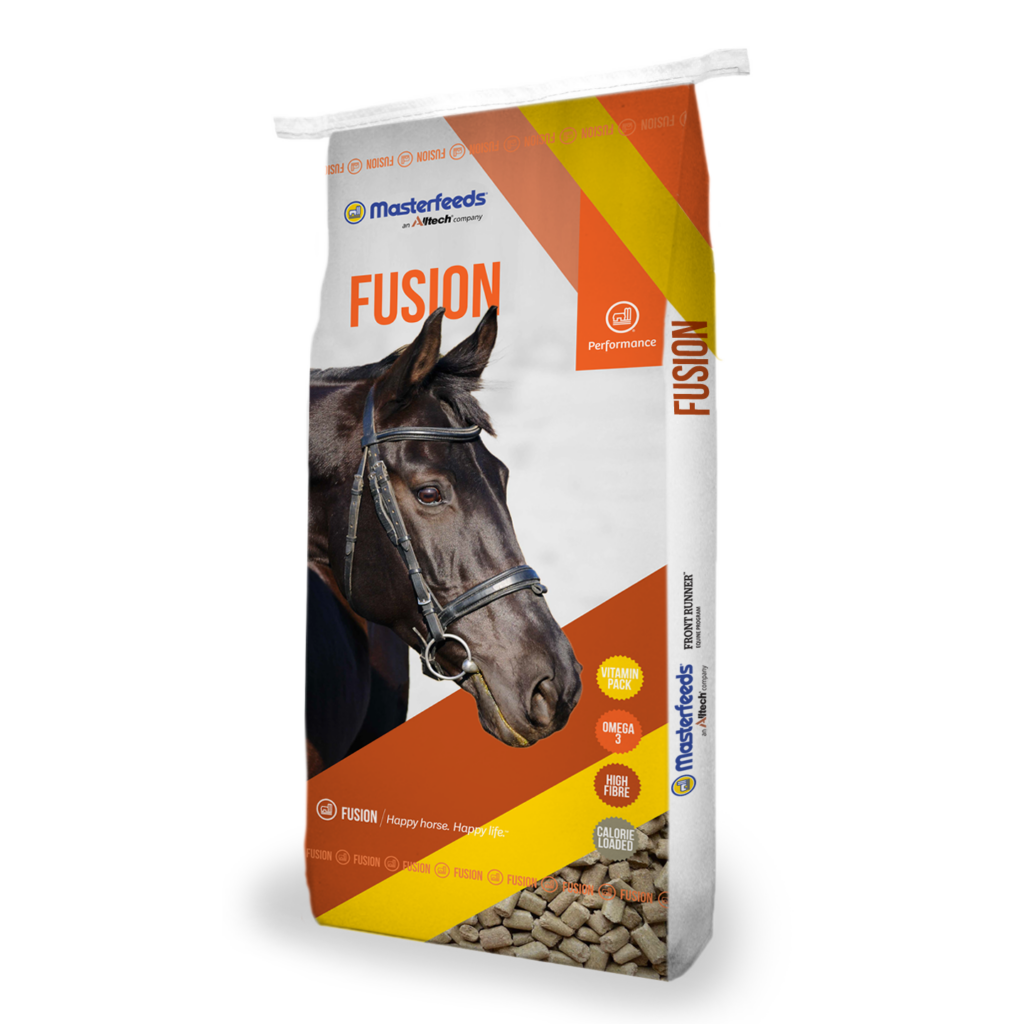
FUSION (CUBE) EAST
A controlled starch premium ration in cube form for the equine athlete.
Related Posts
- Winter Nutrition Tips
- Feeding the Mare and Foal
- Breaking Down Nutrition
- Spring Nutrition Tips
- Feeding for Performance
- All About Hay
- Feeding the Senior Horse
- Fall Nutrition Tips
- Feeding Supplements
- Economical Horse Management & Feeding Tips
- The Beginner’s Guide to the Equine Digestive System
- Macronutrients: The “Big Three” of the Equine Diet
- Feeding the Racehorse
- Feeding the OTTB
- Feeding the First Few Years
 POSSIBLE CANADA POST DISRUPTION
POSSIBLE CANADA POST DISRUPTION
